Accessing Social History through Books
The required reading for the entering undergraduate class the year I enrolled was Lies My Teacher Told Me: Everything Your American History Textbook Got Wrong, by James W. Loewen. I didn’t read it.

The required reading for the entering undergraduate class the year I enrolled was Lies My Teacher Told Me: Everything Your American History Textbook Got Wrong, by James W. Loewen. I didn’t read it.

On road trips, I’ve taken to stopping at caves. Cave systems may be the last undiscovered regions on earth, but I go to the tourist ones, the long-since-discovered and heavily trampled ones, the kind that only require a jacket and sneakers, not a hard hat, Coleman Lantern, or rope.
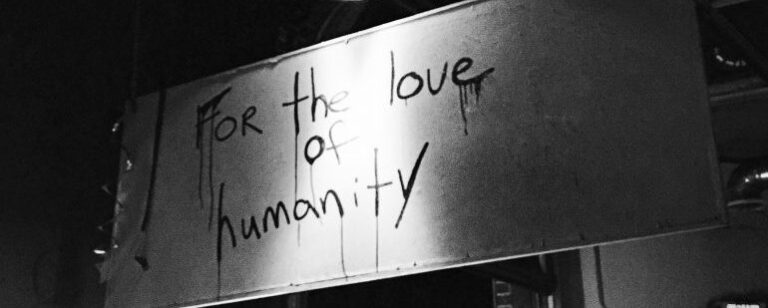
The New York Times published an interview this month with poet Daniel Nadler entitled “Why Poets Can Make Better Search Engines.” When I read the headline, I immediately thought: it must be because of their attentiveness to language.

Cheryl Julia Lee is the author of the poetry collection We Were Always Eating Expired Things (Math Paper Press, Singapore), which was shortlisted for the Singapore Literature Prize in 2016. She is pursuing her PhD in contemporary fiction at Durham University.

If we look at the wider socio-political context of Lolita blogs, in which the bodies of young girls are continually claimed, fetishized, vilified, it makes perfect sense that a young girl would relate to a character who has had the same done to her. I know I did. I know I still do.
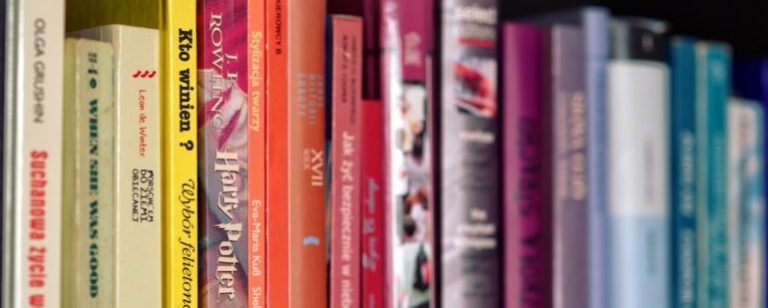
We must thank Hermione Granger for the new trio of e-books from Harry Potter author J.K. Rowling available for download on September 6. The books are called Short Stories from Hogwarts and provide a user’s manual for poltergeists, politics, heroes and even a guide (although unreliable) to the venerable Hogwarts itself.
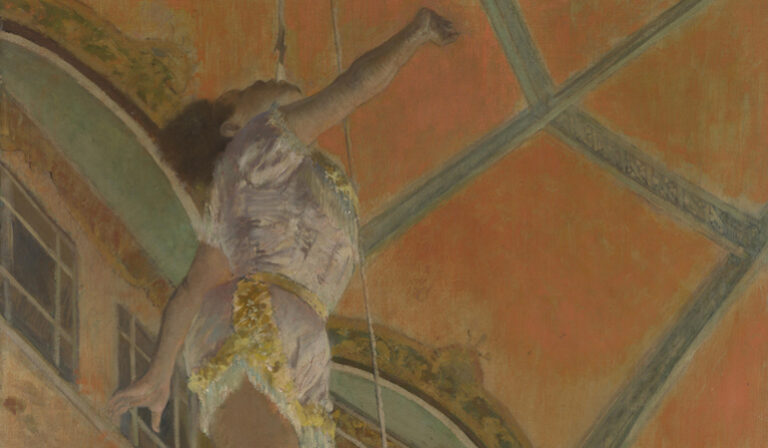
Jamaica Kincaid’s classic story “Girl,” first published in the New Yorker in 1978, is a small gem, consisting of less than 700 perfectly chosen words. We can see the echoes of Kincaid in John Keene’s story “Acrobatique” even though the story was not written intentionally to respond.
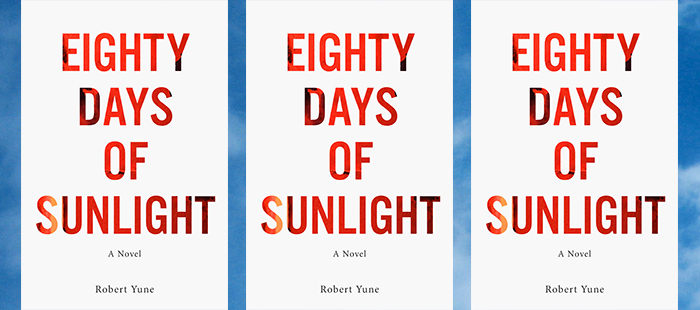
As Yune crafts a story of family ties and gently illustrates the breakdown of said family, his characters come to life through dry wit, keen observation and just enough boob jokes to make readers truly feel like they’re spending time with men in their twenties.
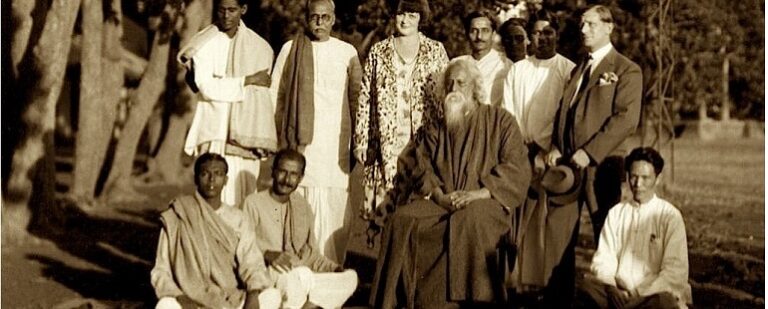
I grew up in India’s heartland, 500 miles from Bengal, the state where I was born – and where one of India’s greatest poets lived and wrote. The poet, India’s only Nobel Prize winner in literature, Rabindranath Tagore, was a Bengali.
No products in the cart.